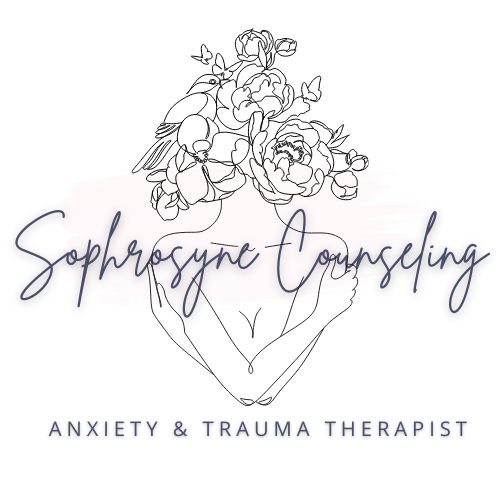The Brain-Gut Connection
Did you know that our digestive system can disrupt our mental health, and our mental health can disrupt our digestive system? Poor digestion is often involved in mental illness and vice versa. Improving gut imbalances and nutritional status is the missing link to mental health. We have all heard the saying ‘trust your gut,’ and this is no misnomer. It comes from the understanding that embedded within the gastrointestinal system is a neural network that has functional similarities to our brain, which, in turn, can impact mood.
Why? Because our mind and body are connected. We have an entire second brain that lives in our gut. This is called the Enteric Nervous System. The Enteric Nervous System is a complex network of neurons, neurotransmitters, and proteins that live in our intestinal organs' lining. It sends messages to our brain and other nervous systems through the gut-brain axis. The Enteric Nervous System holds over 100 million nerve cells that work in this communication process.
Chronic stress > Inflammation > Depression/Anxiety > Self-medication behaviors (which in-turn will upset the balance of digestion)
As we start to feel better mentally and emotionally, we will be more inclined to improve.
Essentials For Relaxing Digestion to improve mental health
1. Relaxation & Stress Management Skills — Try on new behaviors to care for yourself. Stress management and relaxation are crucial for healthy digestion and a healthy mind. Some cool things you can consider trying on are yoga, deep breathing, getting enough sleep, mindfulness/meditation, prayer, getting out into nature, laughter, and moving your body daily.
Eat places that induce relaxation rather than places where one feels stressed.
Employ rituals such as communal eating, giving thanks. This can also reduce stress and improve digestion.
Breath slowly and rhythmically before eating and during the meal.
Eat with others when possible and without the distraction of the TV/computer.
Put the fork/spoon down between bites and let it sit for 15-30 seconds or more.
Chew food 20-40 times or until almost liquid.
Smoking, caffeine, and alcohol consumption impair digestion and affect the stress response. Reducing or eliminating these three major stress factors should be included in goal setting.
2. Food Quality — Eat the food we are meant to take in biologically; avoid the synthetic substances we can’t digest, absorb, or utilize. Removing these harmful foods from your diet and replacing them with food that will nourish your body is one part of the mood-boosting equation. Avoid food you’re sensitive to. The most common gut-disturbing foods are gluten, dairy, refined sugar, alcohol, and highly processed foods.
3. Food Preparation — How we prepare and cook our food will influence how well we digest it. Also, make your healthy snacks and meals in advance, so you don’t just grab for anything when you are starving!
Fun Fact! Did you know that 95% of our serotonin and 50% of dopamine are produced in our ENS, aka the second brain?" Our second brain produces serotonin, dopamine, and other neurotransmitters. These are known as “feel good” chemicals, which travel to the brain to regulate our mood and help us to feel calmer and in higher spirits. The same goes for the brain, as it, too, sends information to the gut. Our stomach reacts when you feel nervous, stressed, or anxious. Do you often describe something like a “gut feeling?”
Serotonin plays a significant role with regard to gut-brain communication. For example, when we are fearful, the vagus nerve, which connects the CNS and the nerves throughout the rest of the body, stimulates serotonin production in the gut. Serotonin is known as the “feel-good hormone.” It helps us cope with nervousness or rebalance after a threat.
When we have the right amount of good bacteria in the gut, and our digestive system functions as it should, we will feel better both physically and mentally. However, when there is dysbiosis in the gut, it can negatively impact our whole person (mind, body, soul). Did you know gut issues can lead to dysbiosis in the brain? This can trigger anxiety, insomnia, irritability, depression, and panic attacks (to name a few).
Furthermore, when our digestion is compromised, we are not able to absorb nutrients properly. We can become malnourished and nutrient deficient. As you can see, digestion affects every system in our bodies. This is why it is essential to feed our bodies nourishing things, not things that will deplete us. Our food choices can be medicine to our bodies or poison to our bodies.


